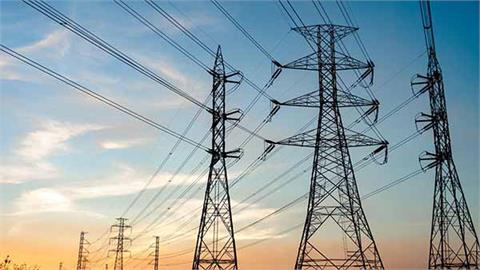The war in Ukraine has brought renewed instability to energy systems across SE Europe. Countries in the region have long depended on imported fossil fuels, particularly natural gas and oil, much of which traditionally flowed through or from Russia. The conflict has disrupted these supply chains, creating uncertainty about both availability and affordability of energy. Governments and operators now face the difficult task of maintaining secure supplies while adapting to rapidly changing conditions.
The war in Ukraine has brought renewed instability to energy systems across SE Europe. Countries in the region have long depended on imported fossil fuels, particularly natural gas and oil, much of which traditionally flowed through or from Russia. The conflict has disrupted these supply chains, creating uncertainty about both availability and affordability of energy. Governments and operators now face the difficult task of maintaining secure supplies while adapting to rapidly changing conditions.
Beyond supply concerns, electricity grids in SE Europe are under growing strain. The volatility of fuel deliveries increases the risk of shortages, price spikes, and forced reliance on emergency reserves. Grid operators must balance fluctuating imports, uneven renewable generation, and growing demand, all while preparing for possible further disruptions. The war has therefore made grid stability a pressing issue, not only for technical management but also for broader economic resilience.
The situation also highlights the region’s dependence on external suppliers and limited infrastructure for diversification. Some countries, such as Greece and Turkiye, have begun investing in new interconnections, LNG terminals, FSRUs and renewable energy projects, but these measures take time to deliver results. Until then, the uncertainty remains high, with governments forced into short-term solutions that can conflict with long-term sustainability goals.
In this context, SE Europe finds itself at a crossroads, as analysed in the current Analysis, which is available here. The war in Ukraine has underscored the urgency of reducing dependence on vulnerable supply routes and strengthening grid reliability. At the same time, it has accelerated the debate about energy transition, resilience, and regional cooperation. How policymakers and operators respond to these challenges will shape not only the immediate security of supply but also the region’s long-term energy future.




